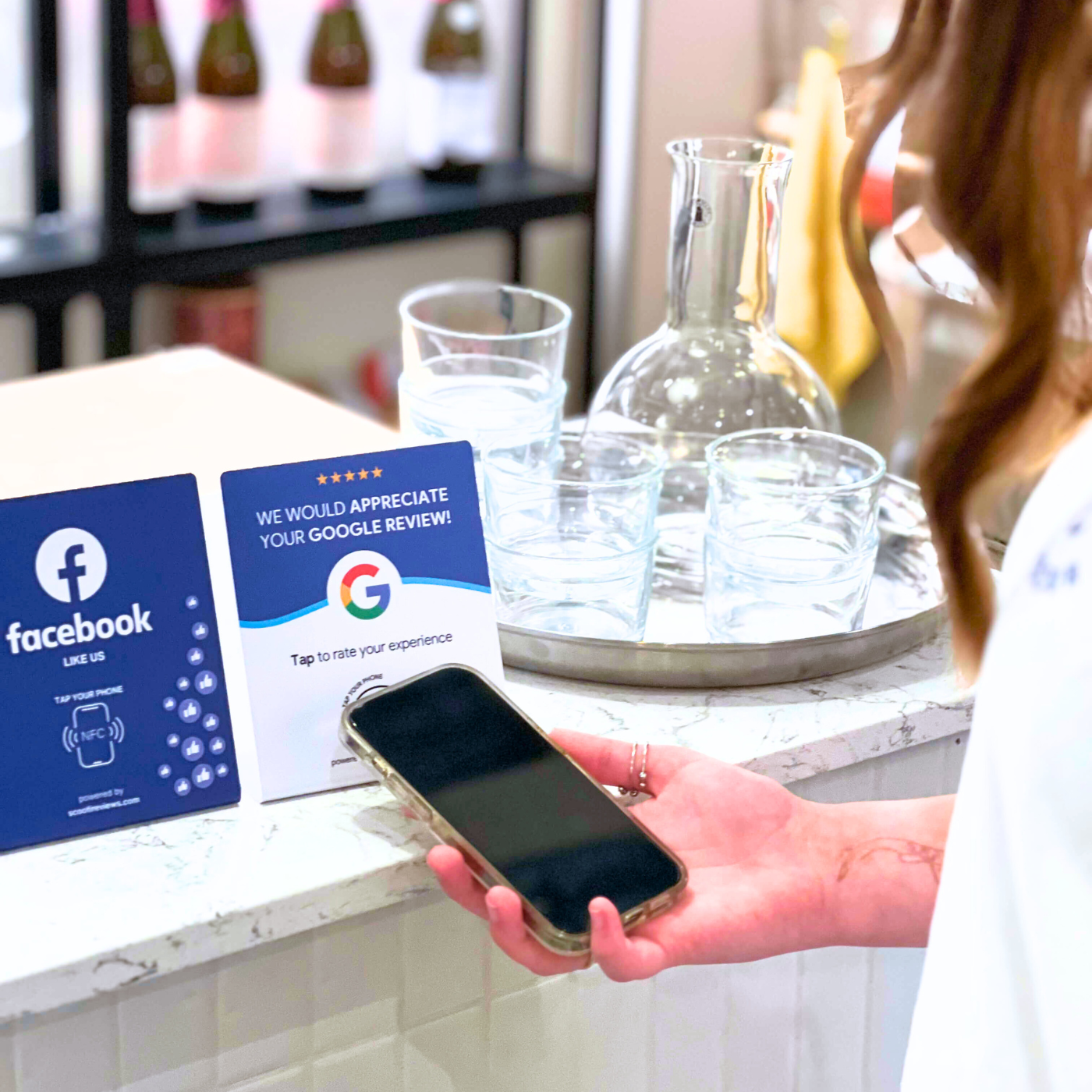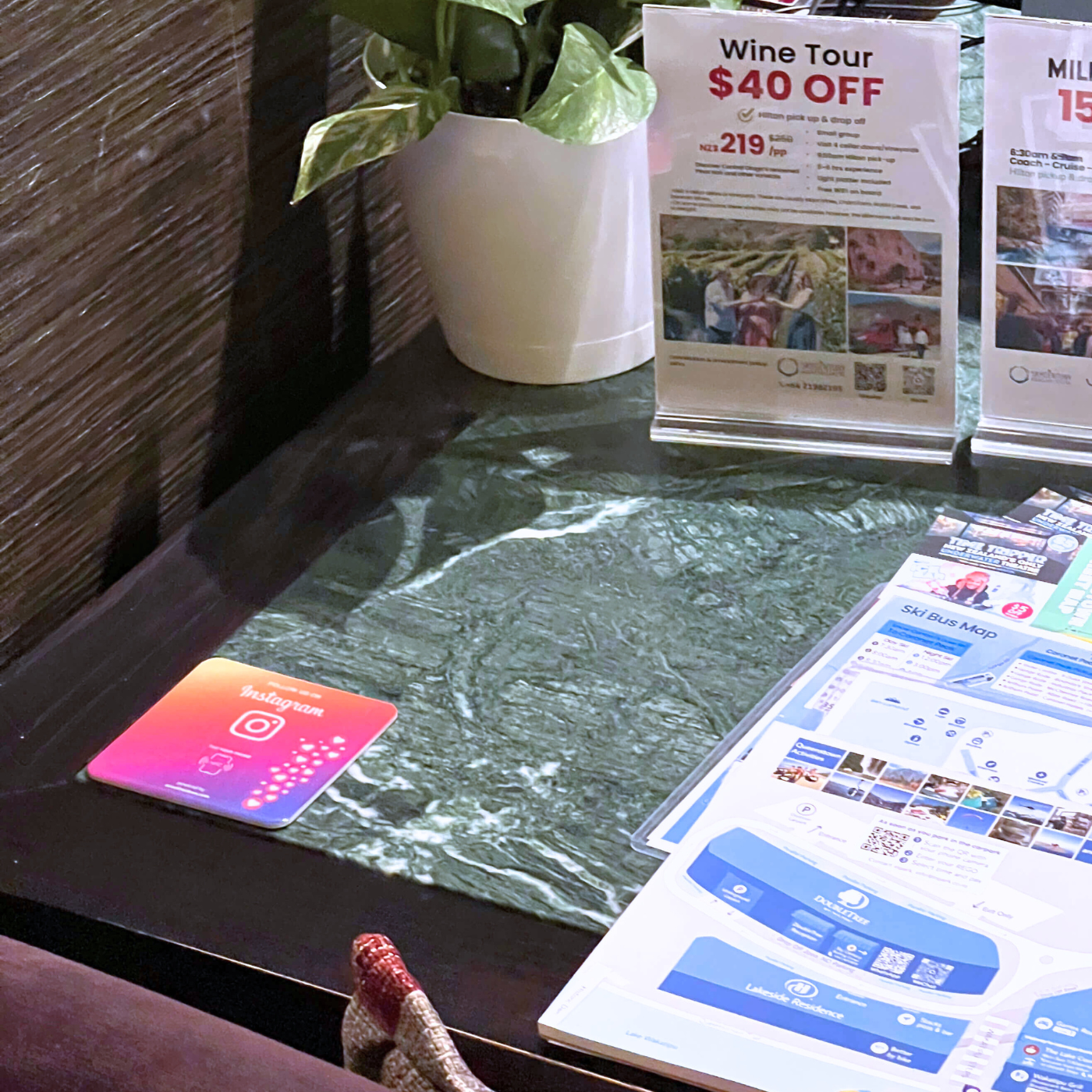If you’re a business owner trying to boost your reputation online, you’ve probably asked this at some point:
“Should I be asking for reviews on Google or Facebook?”
Fair question. Both platforms have star ratings. Both show up when customers look you up. Both can influence buying decisions.
But if you’ve only got time to focus on one, where should you put your energy?
Let’s break it down.
What Makes Google Reviews So Important?
1. Visibility in search (and maps)
Google reviews show up where people are searching most: Google Search and Google Maps.
If someone types “best mg dealer near me” or “wellness centre in Newcastle,” Google’s local map results will show star ratings next to business names.
More reviews + higher average = more clicks.
2. They affect your ranking
Google actually uses reviews as a local SEO ranking factor. That means:
- More reviews
- More recent reviews
- Higher star ratings
…can help your business appear higher in search results.
3. They’re seen first
Your Google Business Profile is often the first impression someone gets when they look up your business name.
Before they even get to your website or social media, they see your:
- Star rating
- Review count
- Snippets of recent reviews
That kind of trust signal matters.
Why Facebook Reviews Still Matter
Facebook reviews (technically “Recommendations” now) are still very much alive—especially for certain types of businesses.
Here’s where they shine:
1. They build social proof among your followers
People checking out your Facebook Page often look at your reviews to decide whether to message or visit. A healthy review section backs up everything else you post.
2. They’re great for community-driven businesses
Hair salons, barbers, beauty clinics, dog groomers and tradies often have strong Facebook followings. A customer might tag you in a photo or post a recommendation their friends will see.
That word-of-mouth carries weight—especially in local groups.
3. It’s where conversations happen
Unlike Google, Facebook lets you respond and have a real dialogue. Someone leaves a review, you reply, others join in and suddenly your business feels human. That can’t be underestimated.
Hidden Gem: AI Platforms Are Here!
Here’s something most people don’t realise: AI platforms are using review data from across the web—yes, including social platforms like Facebook.
While Google reviews are still the primary source for local search relevance and rankings, some generative AI systems (like ChatGPT, Bing Copilot, and Google Gemini) can factor in mentions, ratings and public reviews when summarising a business or answering a query like “best {anything} near me.”
That means having a visible trail of positive sentiment across multiple platforms influences how AI represents your business.
Facebook Recommendations are one of those underrated sources. They may not directly affect your Google rank, but they can absolutely influence how your brand is perceived in an AI-powered summary.
The unanswered question is: Will AI flip the script? Will signals from social platforms end up winning out if AI platforms favour these over Google Revews AND people turn to AI for answers and to find your business (and businesses like yours)?
Industry-Specific Review Sites (Especially in AU/NZ)
If you’re in real estate, beauty, or professional services—don’t sleep on these:
- RateMyAgent – critical for real estate agents across Australia
- Oneflare – for trades, cleaners, and home services
- Airtasker – if you offer gig-based services
- Word of Mouth (WOMO) – still popular with niche services
- BeautyHeap / Fresha / Bookwell – if you’re in wellness or beauty
These don’t replace Google or Facebook—but they complement them. And with the rise of AI summarisation, it’s worth being visible anywhere real customers are leaving feedback.
Here’s what I know from talking to heaps of small business owners and customers:
- If someone finds you through Google, they’ll expect to see Google reviews.
- If they follow you on Facebook or were referred by a friend in Messenger, they’ll likely check your Facebook reviews.
That means the best strategy? Be present in both places. But if you have to prioritise…
TL;DR: Where Should You Focus First?
| Goal | Platform to Prioritise |
|---|---|
| Boost local search ranking | |
| Build trust with new searchers | |
| Engage your Facebook community | |
| Rely on local referrals/groups | |
| Only have time for one? |
A Smart Hybrid Strategy
Here’s what I recommend (and what we do with Scooti clients):
- Use tap-to-review plates that link to Google first. Capture that search traffic.
- Have your Facebook review link ready for customers who follow or message you there.
- Mention both in conversation: “You can tap to leave us a quick Google review or recommend us on Facebook—whatever’s easiest!”
- Respond to both – even if you just say thanks.
Make It Easy for Customers (No Matter the Platform)
If you want reviews, don’t make people work for it.
- Give them the direct link.
- Or better yet, let them tap a Scooti plate and be taken straight to your Google review form.
You can even get one for Facebook.
The easier it is, the more reviews you’ll get.
Not sure how to set up both review links in one place? Scooti plates can be programmed to give customers a choice—see how to for Google or see for Facebook here.




